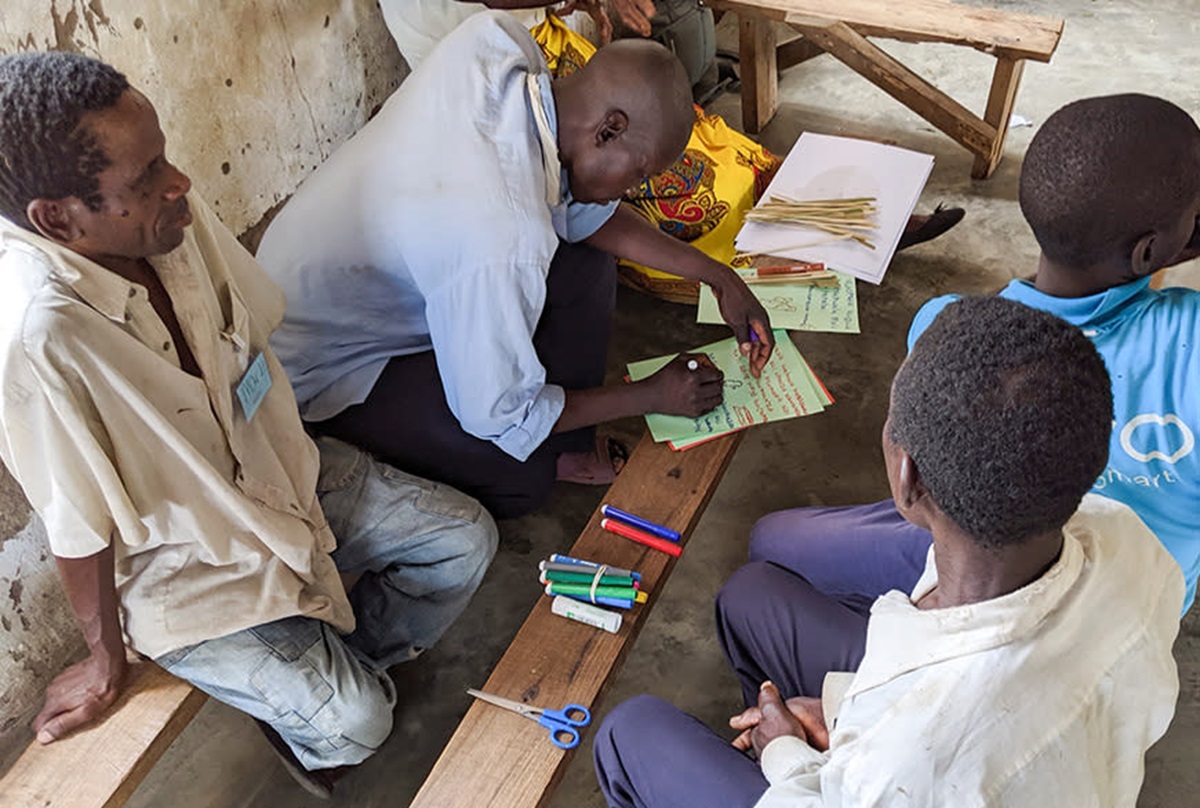Challenge
Wellcome: Public AMR Dialogues

PROJECT
CLIENT
SERVICE
- CX+
INDUSTRY
- Life Sciences & Healthcare
Designing a format for two-way conversation programs on Antimicrobial Resistance, to empower citizens to create local solutions and to influence national strategies.
Antimicrobial Resistance (AMR) is one of the world’s most critical health threats. However, global action to tackle drug-resistant infections is not happening at the scale and urgency needed. At present, while policymakers are discussing the problem, there is little public dialogue about AMR anywhere in the world.
Wellcome’s assumption: two-way, localized dialogue between the public, policymakers, and researchers could be one of the most effective ways to raise urgency and channel it into positive and proactive reactions. The aims: creating local solutions and policies that work for the people and not against them, and making the necessary changes happen as fast as the AMR threat requires.
Wellcome reached out to EPAM Continuum to scope the potential for Public Deliberative Conversation Programs around the world, and to design a flexible format that could be applied across different contexts.
We picked three highly diverse countries and continents–Italy, Malawi and Thailand–to create guidelines that make sense on a hyper-local scale but remain consistent with a global approach.
Solution
The outcome of this scoping project is a Toolkit outlining a flexible Public Deliberative Dialogue format to engage the public, researchers, and policymakers in conversations about AMR around the world.
The toolkit is meant to guide implementation teams in designing and carrying out conversation programs that make sense locally.
It was designed specifically to provide as much flexibility as possible. It’s not meant to be followed as a set process, but rather as a flexible ‘recipe,’ with different ingredients that can be selected according to what is needed.
At the same time, it is the starting point of an ever-evolving approach that will transform thanks to learnings from iterations worldwide.
Results
As of early 2020, Wellcome is actively engaging potential partners to kickstart Conversation Programs across different continents–starting from pilots in Thailand and Malawi that will take place later in the year.
With the threat of AMR gaining more and more relevance around the world, now is the right time the time to act and engage the public in decision-making.


